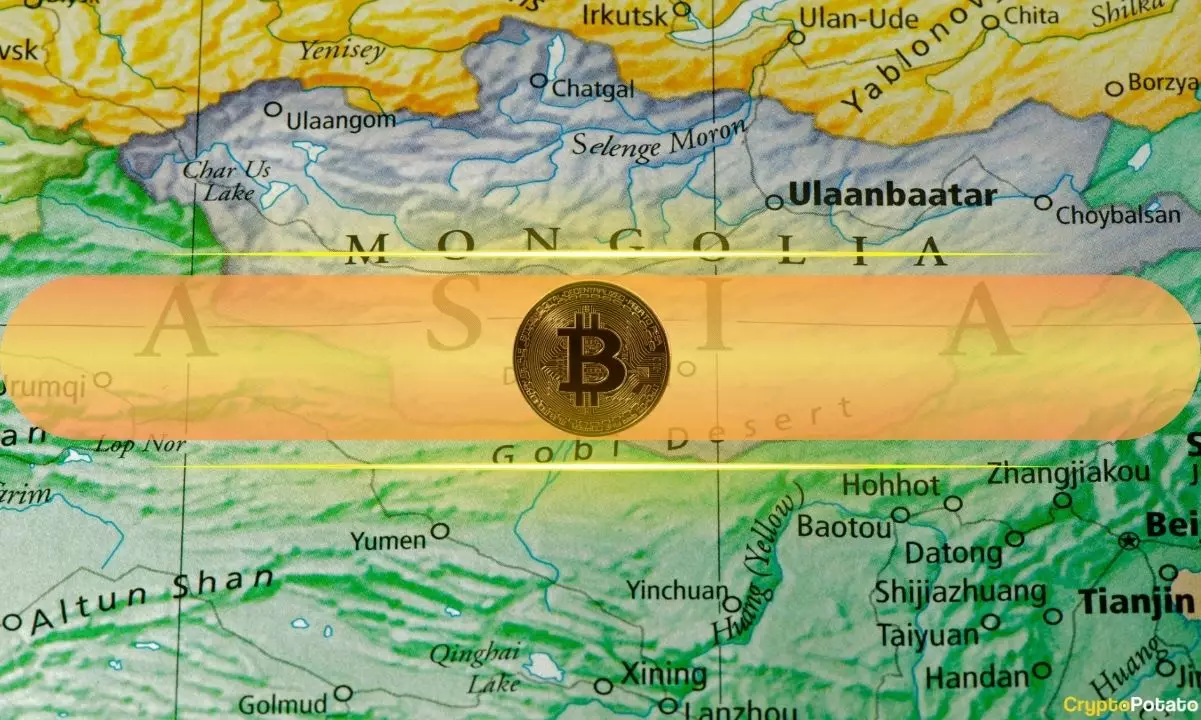The burgeoning world of cryptocurrency has gained significant attention in the last decade, but recently, one particular discussion has sparked interest across international borders — the establishment of a Bitcoin reserve by the United States. This topic gained momentum during the New Year’s Eve Party in Miami, where a conversation featuring Gerovich, the CEO of Metaplanet, outlined the potential impacts of such a move. The implications extend far beyond U.S. shores, as countries like Japan and other Asian nations are poised to follow suit.
Gerovich’s assertions highlight a growing trend among nations to consider Bitcoin not only as a speculative asset but as a vital national resource. He posits that if former President Trump commits to creating a U.S. Bitcoin reserve, it could trigger a ripple effect throughout the globe, prompting countries to rethink their monetary systems and potentially adopt a Bitcoin standard. The notion of a currency reserve is not new; however, the idea of Bitcoin being used in this capacity is revolutionary.
The dynamics of cryptocurrency markets often mirror traditional economic principles, where trust and confidence in a currency significantly influence its acceptance and value. Should the U.S. government embrace Bitcoin as a strategic reserve, it would send a powerful signal to other nations. Gerovich notes that Japan, historically viewing the U.S. as a ‘big brother’ in the financial space, could quickly join this initiative, thereby legitimizing Bitcoin as a staple in the financial portfolios of nations around the world.
The emergence of a Japanese venture capital fund colloquially known as the “MicroStrategy of Japan” underscores the nation’s proactive stance in accumulating Bitcoin. This aggressive investment strategy mirrors that of MicroStrategy, a Virginia-based firm that has set a precedent in corporate Bitcoin adoption. The parallel drawn by Gerovich stresses that Japan’s future economic policies might hinge on the decisions made by the U.S., particularly in relation to cryptocurrency governance.
The implications of this investment trend are profound. If the Japanese government, alongside private ventures, considers Bitcoin to be an indispensable part of its economic strategy, it would validate the token on an international stage. Gerovich’s vision extends further; he posits that not only developed markets will respond to this American initiative but also third-world countries, which may adopt Bitcoin as a hedge against their unstable fiat currencies.
Gerovich’s firm, Metaplanet, has already taken considerable steps towards incorporating Bitcoin as a crucial element of its investment strategy. Their recent acquisition, which included 619.7 BTC valued at $60.6 million, marks a significant milestone. Such decisions illustrate a larger trend where businesses are pivoting towards Bitcoin. The company’s strategy emphasizes long-term accumulation, a significant departure from the traditional models where immediate returns are often prioritized.
This shift in investment philosophy aligns with the sort of thinking that has driven many firms to engage more seriously with cryptocurrency. As Gerovich puts it, the community has played an instrumental role in facilitating this shift, particularly in the United States, where grassroots support and advocacy for Bitcoin have influenced political and corporate landscapes.
Gerovich’s predictions paint an optimistic picture for the future of Bitcoin in the global economy. His emphasis on the urgency felt by various governments to join this “race” suggests a growing acknowledgment of Bitcoin’s potential as a legitimate financial asset. With crypto analysts increasingly drawing comparisons between Metaplanet and MicroStrategy, it is clear that traditional investment models are being reevaluated in light of digital assets.
If governments worldwide view Bitcoin as a strategic reserve, it could lead to a rethinking of how currencies are valued, traded, and held by nations. This shift is poised to redefine not just personal wealth but also national economic strategies. In this rapidly evolving landscape, Gerovich’s insights may very well be the catalyst for a profound transformation in how we perceive currency and its role in global economics.
The discussions surrounding a U.S. Bitcoin reserve reflect a pivotal moment not just for America but for the global financial system. As increasing numbers of nations look to adopt cryptocurrency, it remains to be seen how this will reshape traditional economic paradigms, but the early signs of a structural shift are unmistakable.


Leave a Reply